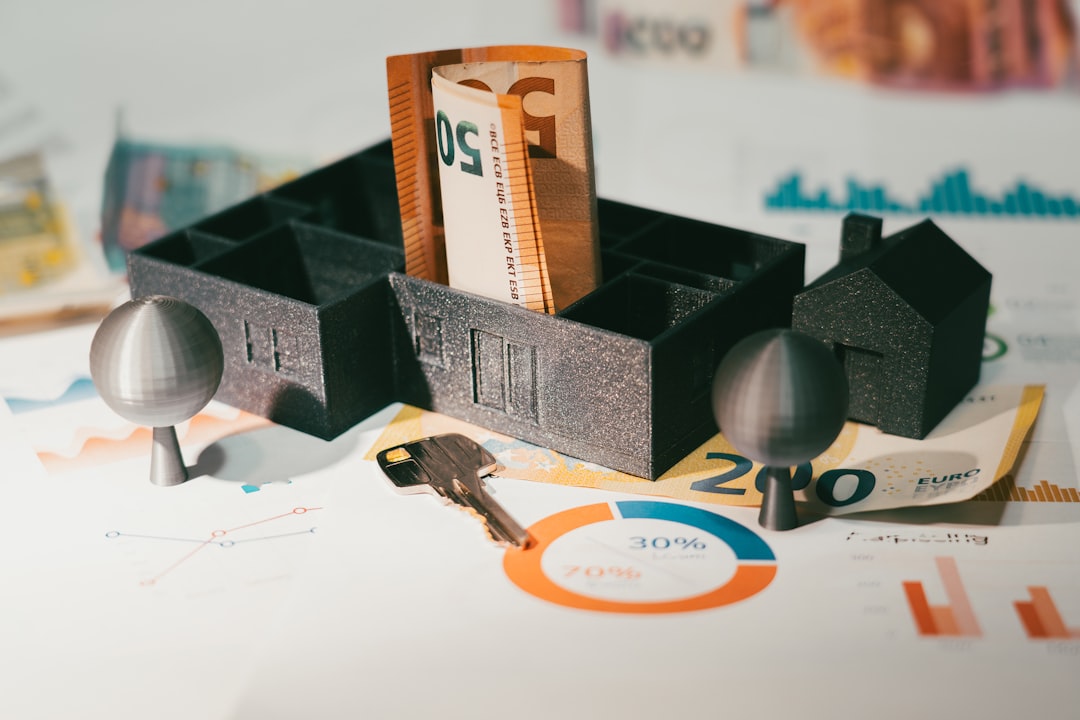Homeowner Consolidation Loans streamline high-interest credit card debt by combining multiple balances into a single loan secured against home equity, offering lower rates, simplified repayment, and improved credit score through reduced utilization. Careful lender selection is crucial to finding transparent options supporting long-term financial stability. Effective management involves regular budget reviews, automated payments, and celebrating milestones for successful consolidation.
Struggling with multiple credit card debts? Homeowner consolidation loans could be a strategic solution. This article guides you through the process, from understanding these loans to effective repayment strategies. Learn how consolidating your credit card balances can simplify debt management and save you money. We’ll explore the benefits, loan types, lender selection, and tips for success, empowering homeowners to make informed financial decisions.
- Understanding Debt Consolidation Loans for Homeowners
- Benefits of Using Loans to Pay Off Credit Cards
- How Homeowner Loans Work for Credit Card Balances
- Choosing the Right Loan Type and Lender
- Strategies for Repaying Your Consolidated Debt Effective
Understanding Debt Consolidation Loans for Homeowners

Debt consolidation loans for homeowners offer a strategic way to manage and reduce multiple credit card debts. These loans allow property owners to pool their high-interest credit card balances into a single, more manageable loan with a potentially lower interest rate. This approach can simplify repayment by consolidating debt into one fixed monthly payment, instead of dealing with multiple credit card bills.
Homeowner consolidation loans often come with flexible terms and the ability to leverage the equity in their homes. By using the equity as collateral, homeowners may secure lower interest rates compared to traditional unsecured credit cards. This not only saves on interest expenses but also provides a clear path to debt elimination over time.
Benefits of Using Loans to Pay Off Credit Cards

Using Homeowner Consolidation Loans to pay off credit card balances offers several significant advantages. Firstly, it simplifies financial management by consolidating multiple high-interest credit card debts into a single loan with potentially lower interest rates. This streamlines repayment, making it easier to keep track of payments and reducing the risk of missing due dates.
Additionally, these loans can free up available credit limits on your credit cards, improving your credit utilization ratio. A lower credit utilization ratio is favorable for your credit score as it demonstrates responsible borrowing practices. Over time, this can lead to better access to credit in the future at more competitive rates.
How Homeowner Loans Work for Credit Card Balances

Homeowner consolidation loans are designed to help individuals manage multiple debts, including credit card balances, by offering a single loan with a lower interest rate. This approach allows borrowers to simplify their repayments and potentially save money over time. The loan is secured against the borrower’s home equity, which means the lender has a financial stake in the property. As a result, these loans often come with more favorable terms compared to unsecured credit card debt, such as reduced interest rates and longer repayment periods.
By consolidating their credit card balances into a homeowner consolidation loan, individuals can reduce the number of payments they need to make each month, making budgeting easier. Additionally, the lower interest rate on the consolidated loan can significantly reduce the overall cost of repaying the debt. This strategy is particularly beneficial for those with high-interest credit cards or multiple cards with varying repayment terms, as it provides a structured and more manageable way to pay off their debts over an extended period.
Choosing the Right Loan Type and Lender

When considering debt consolidation loans to pay off credit card balances, it’s crucial to choose the right loan type and lender. Homeowner consolidation loans are a popular option due to their potential for lower interest rates and longer repayment terms, making them more affordable than credit cards. However, not all homeowner consolidation loans are created equal; some may come with stringent requirements or hidden fees.
Researching different lenders is key. Look for reputable institutions offering transparent terms and conditions. Compare interest rates, loan amounts, and repayment periods to find the best fit. Additionally, consider the lender’s reputation, customer service, and any associated fees. Making an informed decision will not only help you manage your debt more effectively but also ensure long-term financial stability.
Strategies for Repaying Your Consolidated Debt Effective

Paying off credit card balances with a debt consolidation loan can be an effective strategy for homeowners looking to simplify their finances. Once you’ve secured a homeowner consolidation loan, create a clear repayment plan. Start by listing all your remaining debts and their current interest rates. Prioritize paying off debts with the highest interest rates first while making minimum payments on others to avoid penalties. This “debt snowball” method can help you save money in interest charges over time.
Regularly review your budget to ensure you’re sticking to your repayment plan. Consider automating payments to your loan and other bills to streamline the process and reduce the risk of missed payments. As you pay down each debt, celebrate milestones to stay motivated. Remember, consistent repayment is key to effectively consolidating your credit card debts and achieving financial stability.
Debt consolidation loans, particularly tailored for homeowners, offer a strategic path to financial freedom by efficiently managing credit card balances. By consolidating debt, individuals can simplify repayment processes, reduce interest rates, and gain control over their finances. With the right loan type and lender, as explored in this article, homeowners can take advantage of these benefits and embark on a journey towards financial stability. Remember that choosing the appropriate repayment strategy is key to making the most of your consolidated debt and avoiding future financial pitfalls.
